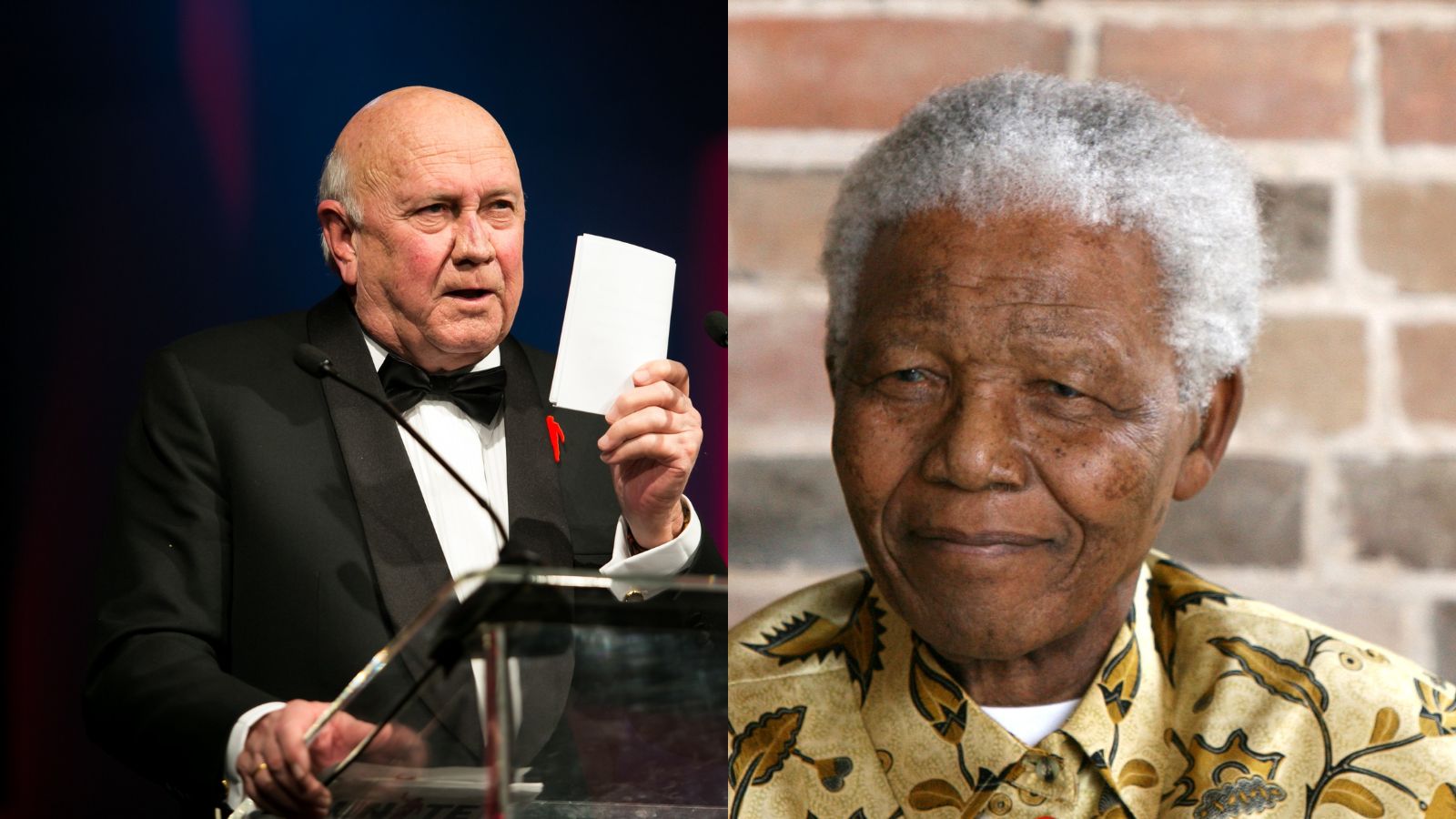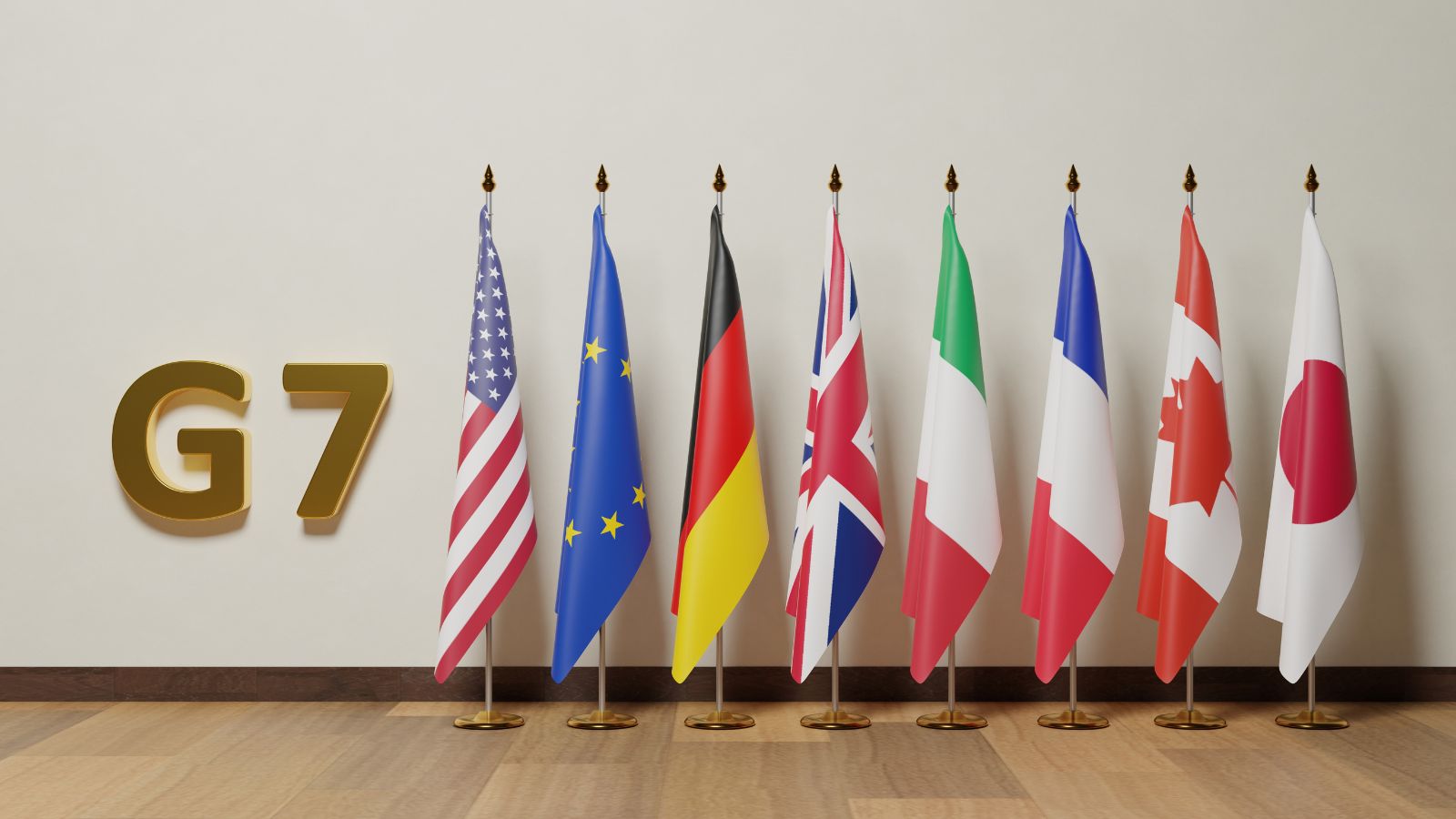Canada may not always dominate the news cycle, but time and again, it has made contributions that have reshaped global systems, industries, ideas, and even the way people live. From healthcare innovations to peacekeeping firsts, this northern nation has influenced the world far beyond its borders. Here are 23 Canadian moments with ripple effects across continents.
Discovery of Insulin

The 1921 discovery of insulin by Dr. Frederick Banting and Charles Best revolutionized the treatment of diabetes, turning what was a fatal diagnosis into a manageable condition. Working at the University of Toronto, Banting’s breakthrough quickly earned Banting the Nobel Prize and reshaped medical treatment globally. Insulin became widely adopted across Europe and the U.S., saving millions of lives. Equally notable was their decision to sell the patent for just $1, prioritizing public access over profit.
Birth of Peacekeeping in the Suez Crisis

In 1956, Lester B. Pearson proposed the first large-scale UN peacekeeping mission to defuse the Suez Crisis. His diplomatic efforts earned him a Nobel Peace Prize and laid the groundwork for modern peacekeeping missions. The concept allowed the United Nations to step in as neutral observers and maintain ceasefires, helping to de-escalate global conflicts without direct military confrontation. Pearson’s model was later applied in Rwanda, Kosovo, and Cyprus, influencing how international conflict resolution is approached.
Legalization of Same-Sex Marriage

In 2005, Canada became the fourth country in the world, and the first outside Europe, to legalize same-sex marriage nationwide. This landmark move set a powerful precedent for equality legislation in countries where such rights were still being debated. Canadian legislation helped shift global discourse around LGBTQ+ rights, especially in North and South America. Countries like Argentina, Brazil, and the U.S. cited Canada’s model during their legislative processes. The ruling also influenced the policies of international corporations headquartered in Canada.
Creation of the IMAX System

In 1967, the IMAX film format was introduced at Expo 67 in Montreal and was invented by Canadian engineers Graeme Ferguson, Roman Kroitor, Robert Kerr, and William Shaw. The technology allowed for unparalleled image quality and immersive viewing experiences. What began as a Canadian experiment became a global cinematic standard, transforming the movie industry and theme park entertainment. IMAX is now used in science centres, Hollywood blockbusters, and even space documentaries.
Legalization of Medical Assistance in Dying

In 2016, Canada passed Bill C-14, making it one of the first countries to legalize medical assistance in dying (MAID). The move sparked global debate and legislative reviews in several jurisdictions considering similar rights-based policies. Nations like New Zealand and parts of Australia took cues from the Canadian framework when drafting their legislation. MAID also shifted conversations about dignity, autonomy, and end-of-life care across medical communities worldwide.
CANDU Nuclear Reactor Exports

Developed in the 1950s, the CANDU (Canada Deuterium Uranium) nuclear reactor became a significant export for peaceful nuclear energy use. Unlike many reactors, CANDU systems use natural uranium and heavy water, offering operational flexibility and efficiency. The design was adopted in countries such as India, South Korea, China, and Romania. Also, its spread influenced global nuclear energy strategies by offering an alternative to U.S. and Soviet reactor designs during the Cold War.
Role in Ending Apartheid

During the 1980s and early 1990s, Canada was a vocal critic of apartheid in South Africa. Canadian activists, churches, and politicians applied consistent pressure through sanctions, boycotts, and advocacy in international forums. Prime Minister Brian Mulroney defied allied resistance to push for stronger economic sanctions, earning praise from Nelson Mandela. Canada’s firm stance and moral clarity influenced broader Commonwealth and United Nations policies. By maintaining diplomatic pressure and supporting anti-apartheid movements, Canada helped tip the scales against institutionalized racial segregation.
Global Reach of Cirque du Soleil

What began as a troupe of street performers in Quebec evolved into one of the most influential cultural exports in the world. Cirque du Soleil revolutionized live entertainment by blending acrobatics, theatre, and narrative. Its productions have been staged in over 400 cities across six continents, redefining what a circus could be. The company not only set artistic benchmarks but also influenced stage design, music integration, and talent scouting globally.
Influence of Terry Fox’s Marathon of Hope

Terry Fox’s 1980 run across Canada to raise funds for cancer research captured global attention, especially after his untimely death. The image of a young amputee running thousands of kilometers inspired people worldwide. His story was broadcast internationally, spawning annual Terry Fox Runs in over 60 countries. The events have collectively raised over $850 million for cancer research. Also, beyond fundraising, Terry’s legacy fostered a global culture of resilience, determination, and charitable movement-building.
Pioneering Role in Artificial Intelligence

Canadian institutions like the University of Toronto, the University of Montreal, and the University of Alberta have played foundational roles in artificial intelligence (AI) research. Pioneers like Geoffrey Hinton, Yoshua Bengio, and Richard Sutton developed many of the techniques that underpin modern AI, including neural networks and reinforcement learning. Their breakthroughs laid the groundwork for technologies now used in smartphones, healthcare, and finance around the world. Plus, Canada’s early support for AI research also influenced how nations fund and regulate AI today.
Advancing the Montreal Protocol

In 1987, Canada was one of the key architects and early adopters of the Montreal Protocol, an international treaty aimed at phasing out ozone-depleting substances. The agreement is hailed as one of the most successful environmental treaties in history. It led to the gradual healing of the ozone layer and demonstrated that coordinated global action could tackle environmental crises. Canadian scientists and policymakers played central roles in shaping the protocol’s scientific foundation and enforcement mechanisms. The treaty influenced later agreements, including the Kyoto Protocol and Paris Agreement.
Founding Role in G7 and G20

Canada has been a founding member of both the G7 and the G20, two of the world’s most influential economic forums. Its inclusion was initially surprising due to its smaller population, but its political stability, economic strength, and diplomatic approach earned it a seat at the table. Canada helped shape global financial policies, climate targets, and trade regulations through these forums. Its presence also introduced moderate, consensus-building perspectives that have been critical during global crises, such as the 2008 financial collapse.
Contributions to International Space Exploration
Canada’s involvement in space exploration has extended well beyond its size. The Canadarm, developed in the 1980s, became an essential tool for NASA missions, including shuttle launches and International Space Station construction. Canadian astronauts like Chris Hadfield brought human engagement to new heights, with Hadfield’s social media presence making space relatable to millions. Canadian aerospace firms have contributed navigation, robotics, and satellite technologies used globally. These innovations are now part of mission planning in collaboration with agencies like ESA and JAXA, showing that Canada’s influence in space goes well beyond Earth’s orbit.
Championing Refugee Resettlement

Canada’s leadership in refugee resettlement, particularly with its private sponsorship model, has influenced global approaches to humanitarian aid. Programs launched in response to the Vietnamese boat people crisis in the 1970s and the Syrian refugee crisis in the 2010s were widely studied and replicated. The model allows citizens to directly support refugee families directly, fostering community integration. Plus, international organizations have cited the Canadian approach as a best practice, and countries like the UK and Germany have since introduced similar programs.
Women’s Rights Advocacy at Global Forums

At events like the Beijing World Conference on Women (1995), Canada consistently pushed for stronger language and policies supporting gender equality. Canadian diplomats and NGOs advocated for reproductive rights, workplace equality, and anti-violence measures. The country’s domestic policies around maternity leave, workplace harassment laws, and female political representation became reference points in global discussions. Canadian support also helped fund gender-focused programs through UN agencies. As a result, Canada became a recognized voice in advancing women’s rights globally.
Leading Role in Landmine Ban Treaty

Canada was instrumental in launching the 1997 Ottawa Treaty, which aimed to ban anti-personnel landmines worldwide. Spearheaded by Foreign Affairs Minister Lloyd Axworthy and civil society partners, the treaty was signed by 122 countries. It marked a major shift in disarmament policy, placing humanitarian concerns above military utility. The campaign received the Nobel Peace Prize that year. While some military powers did not sign, the treaty helped stigmatize landmine use and significantly reduced their deployment.
Establishment of UN Women

Canadian efforts contributed to the formation of UN Women in 2010, consolidating various gender-related programs under one umbrella to improve efficiency and global impact. Advocacy by Canadian NGOs and funding from the Canadian government were instrumental in building political momentum for the entity. The establishment of UN Women enhanced the United Nations’ ability to coordinate global gender equality initiatives. Canada continues to be one of the largest donors, helping expand the organization’s reach into underserved regions. This leadership positioned Canada as a long-term supporter of institutional gender equity worldwide.
Influence on Global Internet Governance

Canada played a key role in shaping global internet governance through its work with the Internet Governance Forum (IGF) and Internet Society. Canadian academics, regulators, and civil society organizations promoted an open, inclusive, and multi-stakeholder model. These efforts influenced how data privacy, net neutrality, and cybersecurity policies were debated and drafted globally. Canadian contributions helped counter more authoritarian approaches to internet control, particularly from countries that favor state-centric regulation.
Hosting of the 2010 Vancouver Olympics

The Vancouver 2010 Winter Olympics were widely praised for sustainability, inclusion, and indigenous recognition. The event set new standards for environmental design with venues like the Richmond Olympic Oval. Canada’s emphasis on involving First Nations communities also sparked discussions about indigenous inclusion in global sporting events. Plus, broadcasting innovations and strong international attendance gave a boost to winter sports across the globe. The event demonstrated how international games could be executed with strong ethical and environmental considerations, influencing how future Olympic hosts planned and implemented their events.
Launch of Global Maternal and Child Health Initiative

In 2010, Canada initiated the Muskoka Initiative on Maternal, Newborn and Child Health at the G8 summit, pledging billions in support for global health systems. This commitment targeted preventable deaths of mothers and children under five, focusing on vaccine delivery, nutrition, and skilled birth attendance. Over the next decade, millions of lives were saved through partnerships with the WHO, UNICEF, and NGOs. The initiative sparked similar investments by other G8 nations and laid the groundwork for expanded global health collaboration.
International Influence of CBC and National Film Board

Canada’s public broadcasters, including CBC and the National Film Board (NFB), have created content that reached audiences far beyond the country’s borders. The NFB, founded in 1939, pioneered documentary filmmaking and animation, winning hundreds of international awards. CBC programming like “The Nature of Things” and “Kim’s Convenience” has been syndicated or adapted globally. These institutions set standards for publicly funded, high-quality storytelling. They’ve influenced documentary trends, public broadcasting models, and representation policies internationally.
Breakthroughs in Quantum Computing

Canadian institutions, including the University of Waterloo’s Institute for Quantum Computing and D-Wave Systems, are global pioneers in quantum technology. Their advancements are influencing how countries prepare for the next technological leap. Canadian-led research has prompted collaboration with Google, NASA, and global financial firms. Breakthroughs in quantum algorithms, error correction, and encryption standards are expected to redefine computing, national security, and artificial intelligence.
Humanitarian Impact of Rick Hansen’s Man in Motion Tour

Rick Hansen’s global wheelchair tour in the mid-1980s brought unprecedented attention to spinal cord research and disability rights. Covering 34 countries and 40,000 km, the Man in Motion tour raised over $26 million and inspired new accessibility initiatives around the world. Hansen met with global leaders and helped influence infrastructure design, legislation, and public awareness around mobility issues. His foundation continues to fund research and policy work internationally.
21 Products Canadians Should Stockpile Before Tariffs Hit

If trade tensions escalate between Canada and the U.S., everyday essentials can suddenly disappear or skyrocket in price. Products like pantry basics and tech must-haves that depend on are deeply tied to cross-border supply chains and are likely to face various kinds of disruptions
21 Products Canadians Should Stockpile Before Tariffs Hit

